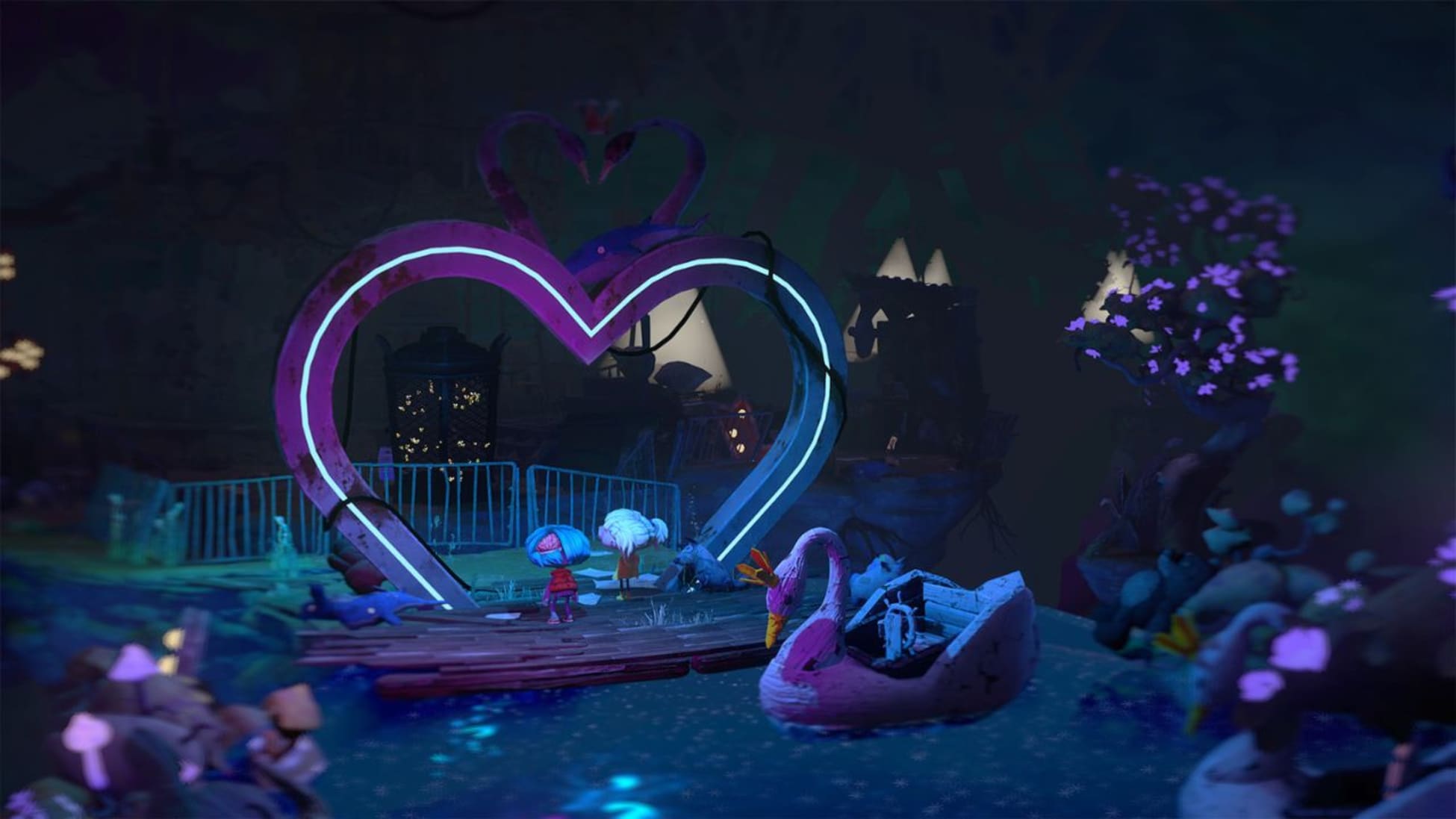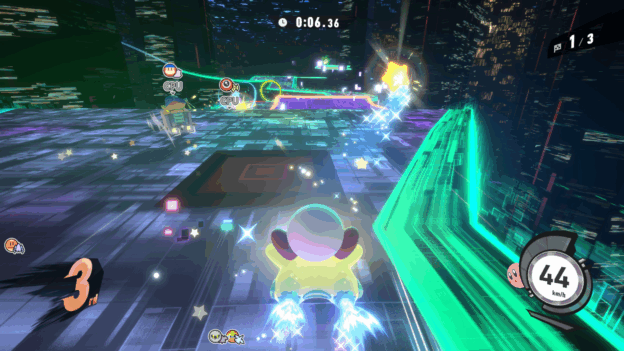Contra: Operation Galuga Review – Review

A good modern Contra experience.
In the continued spirit of what is old becoming new again, developer Wayforward has partnered with Konami to bring back a familiar run-and-gun staple with Contra: Operation Galuga. Whereas 2019’s Contra: Rogue Corps went rogue with its top-down, twin-stick style, Operation Galuga (Contra: O.G., get it?) returns to the tried-and-true side-scrolling gameplay that has made the series so endearing. This isn’t Wayforward’s first kick at the can, either; they also developed Contra 4 for Nintendo DS, regarded as one of the stronger entries in the Contra franchise. Have they managed to recapture that magic in this reimagining of the original experiences from the ‘80s?
Operation Galuga begins with heroes Bill and Lance being sent to the Galuga Archipelago to investigate the presence of a terrorist group and unknown gravity waves after a meteor shower event from six months earlier. The island setting offers jungle, town, underground base, and even snowy mountain train-themed stages, and uses some fun changes in perspective to add visual flair and keep players on their toes. The story will feel familiar to fans of the earlier Contra games, with monstrous alien foes eventually stepping in for the more mundane human cannon fodder, and some larger-than-life bosses offering a fairly decent challenge.
Story Mode takes you through the game’s eight total stages, and a few different characters unlock as you make your way towards the final level. What’s interesting about these new faces is that they bring with them some small gameplay tweaks that make it worth experimenting. Ariana, a native of Galuga, can slide under enemy fire and other dangers, as compared to the dash move shared by Bill and Lance. Lucia, a commander who provides assistance to the Contra unit, only has a single jump, but her Spread Shot fires differently and can be charged up to do a stronger wave-type blast. Lt. Stanley Ironside also trades in the double jump of his allies, but he can use a jetpack to float for a few seconds or activate a vertical grappling hook to reach platforms or ceilings. His Machine Gun and Laser Beam weapons also fire in a distinct way, and so you have a handful of options that do vary up the gameplay to an extent.

The stages themselves last anywhere from 4 to 10 minutes, and the environmental variety, mini-bosses, and end bosses make for a fun and satisfying run from beginning to end. While Story Mode only allows you to choose characters that have been unlocked by that point in the plot itself, Arcade Mode lets you choose any of these five characters, in addition to Probotector robots that function like Bill and Lance. Besides the three difficulty modes available, you can also choose to have a health meter or equip a variety of unlockable perks, like starting every stage with a particular weapon or not losing the second stage of a given weapon when you get hit. The challenge of Operation Galuga is largely in the hands of the player, which is a welcome feature for a series famous for the Konami code and the abundance of extra lives it provided. You may not need the code to roll credits on this Contra game, but you might as well try it at the start screen anyways.
Rounding out the package is a fair-sized Challenge Mode, with a couple dozen events to complete. Typically, these are speedrun-style challenges that task you with running through a level segment or completing a boss as fast as possible. Certain ones even limit the amount of ammo you can fire or the weapon you can use. Each one awards credits that can be spent in the Perk Shop to open up the equipable perks I mentioned earlier, with extra credits earned for making it through a challenge ahead of the given par time. Once you complete the game proper, some very neat but pricey options get added to the shop, and it’s a bit of a bummer that earning enough currency to unlock them will require an immense amount of time and patience.

In terms of performance, much has been said prior to launch regarding the Switch version’s drop to 30fps. In a fast-paced game like this, it’s hard to argue 60fps doesn’t make a difference. That being said, so long as the 30fps target is hit and maintained with consistent frame times, it shouldn’t be too big of an issue. From our testing, Operation Galuga does exactly that. Outside of the very occasional one or two frame drop, the target frame rate is met the whole time. Image resolution hits a full 1920×1080 docked and the expected 1280×720 handheld. Given that both of these are the max resolutions for either configuration, it does make you wonder if some sort of performance mode could have been possible, exchanging a lowered resolution for 60fps. The one other technical detail worth highlighting is some odd foliage materials, which can be seen in the opening stages of the game. Many of the random shrubs and other plant life in these stages appear to have unfiltered, dithered, alpha transparencies. This results in blocky pixelated edges. It’s possible this could be some sort of artistic choice, but to me it reads more like a settings bug in the alpha channel for that material. Either way, it really stands out.
If you enjoy classic Contra-style gameplay and want to wash the awful taste of Rogue Corps out of your mouth, Contra: Operation Galuga is a worthy palette cleanser. What it lacks in visual attractiveness, it does make up for with a solid run-and-gun experience that is comparable to the best Contra games of the past. The additional characters, four-player Arcade Mode, and tricky Challenge Mode extend the replay value, but some of the more fun, Easter egg-type perks that you can unlock require far too much grinding. While it may fall a bit short of being a sure-fire hit, Operation Galuga provides a fair amount of entertainment and some good ways of adjusting the difficulty of what has been a notoriously tough video game series.




